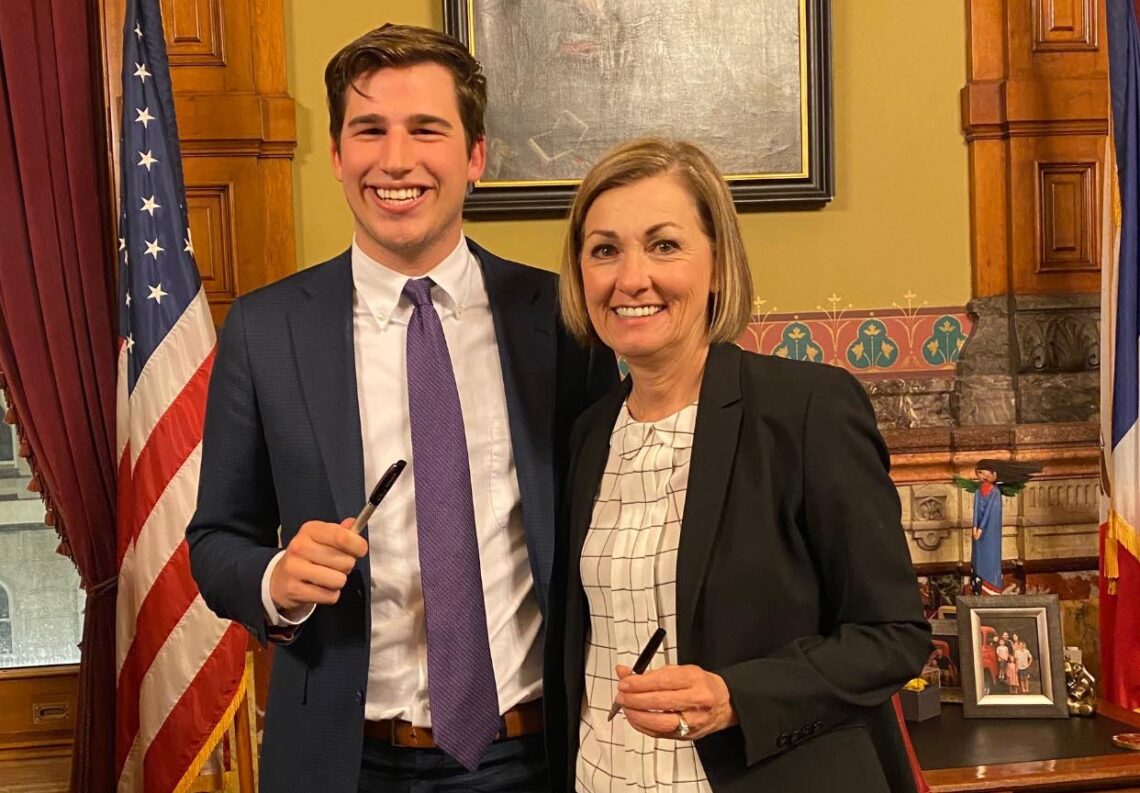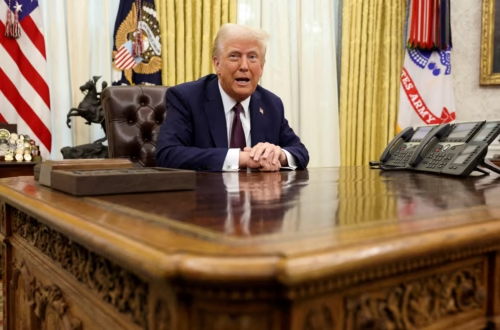Introduction
In a significant move to promote patriotism and civic unity, Iowa has enacted legislation requiring public schools to lead students in the Pledge of Allegiance daily. This decision has sparked discussions nationwide about the role of patriotic exercises in education and their impact on fostering national identity.
Legislative Background
The initiative began with House File 847, signed into law by Governor Kim Reynolds in May 2021. The bill mandates that all public schools in Iowa administer the Pledge of Allegiance each school day for students in grades 1 through 12. State Representative Carter Nordman, a key proponent of the bill, emphasized the importance of instilling a sense of national unity and understanding of American ideals among students.
Implementation Details
Under the new law, schools are required to display the United States flag during the recitation of the pledge. However, the legislation also respects individual rights; it includes provisions that prevent students from being compelled to participate if it conflicts with their personal beliefs or those of their guardians. This balance aims to uphold constitutional freedoms while promoting a shared sense of patriotism.
Public Response and National Implications
The enactment of this law has garnered both support and criticism. Advocates argue that daily recitation of the pledge reinforces national values and unity, especially in times of political and social division. They view Iowa’s decision as a potential model for other states to follow.
Critics, however, raise concerns about the implications for individual freedoms and the potential for coercion in educational settings. They caution against mandatory patriotic exercises, suggesting that such requirements may infringe upon personal beliefs and freedoms.
Conclusion
Iowa’s mandate for daily recitation of the Pledge of Allegiance in schools represents a significant step in promoting civic education and national unity. As other states observe the outcomes of this initiative, it may influence broader discussions and policies regarding patriotic practices in educational institutions across the country.





